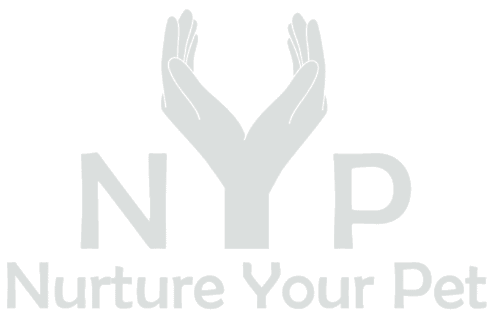Ancestral and Evolutionary Roots
Wolves, who are known to sleep in packs for warmth and safety, are the ancestors of dogs. Domesticated dogs have inherited this instinctive inclination, and they frequently still yearn for the security and comfort of dozing next to their pack mates. The coevolution of humans and dogs has also resulted in our canine companions becoming extremely attentive to human wants and behaviors, which reinforces the desire for companionship even while sleeping. Understanding this evolutionary link can make pet owners more appreciative of their dog's innate desire to sleep in their bed.

Looking for Warmth & Comfort
Similar to people, dogs seek out warm, comfortable places to unwind and rest. The ideal place to sleep is frequently in the owner's bed, which offers a cozy atmosphere for sleeping thanks to its warm blankets and pillows. A dog's body heat and fur also add to the feeling of warmth and coziness for both the pet and the owner. During the colder months, when cuddling with your animal buddy can provide you both extra comfort, this shared warmth may seem especially alluring.
Sharing a bed strengthens the bond between pets and their owners. The exact reason dogs want to sleep in human beds is unknown, however it may be due to familiarity, warmth, security, or the need to please their loving owners. Regardless of the conditions, sleeping with your dog may be unforgettable.
Bonding and Emotional Ties
A healthy pet-owner relationship requires a deep emotional connection between pets and their owners. By encouraging feelings of trust, security, and companionship, sharing a bed can help to build this relationship. Sharing a bed is only one of the numerous ways that dogs can show their love and dedication to their human family members because they are such extremely sociable animals.

Separation and Anxiety Issues
Some dogs may struggle with anxiety or separation concerns, which may explain why they're so eager to snooze in their owner's bed. Being close to their owner while it's dark out might ease these concerns and provide them a sense of comfort. Pet owners can set a routine that is consistent, give their dogs lots of exercise and mental stimulation, and think about utilizing tools like calming treats or anxiety-relieving toys to alleviate anxiety and separation concerns in dogs.
Dominance and Hierarchy are Strengthened
Canine behavior includes a large amount of hierarchy and dominance. To establish their dominance among the pack or home, some dogs will take up residence in their owners' beds. A pleasant connection between you and your pet depends on creating and upholding a sound hierarchy. Pet owners should train their animals consistently, establish boundaries, and praise good behavior to achieve this.

Health Advantages for Owners and Dogs
Sharing a bed with your dog may reduce stress, blood pressure, and insomnia. However, allergies and sleep disorders must be considered. It's important to balance dog and owner needs. To do this, consider your dog's size, sleeping habits, and your preferences.
Conclusion
Dogs enjoy sleeping in their owners' beds for a variety of reasons, such as evolutionary urges, a desire for warmth and comfort, emotional ties, anxiety relief, reinforcing dominance, and potential health advantages. In order to build a deep link and keep a positive, fulfilling relationship with your dog, it is essential to comprehend their wants and actions. A dog's quality of life can be significantly improved by recognizing the signs of canine loneliness and taking the necessary action to address them.








